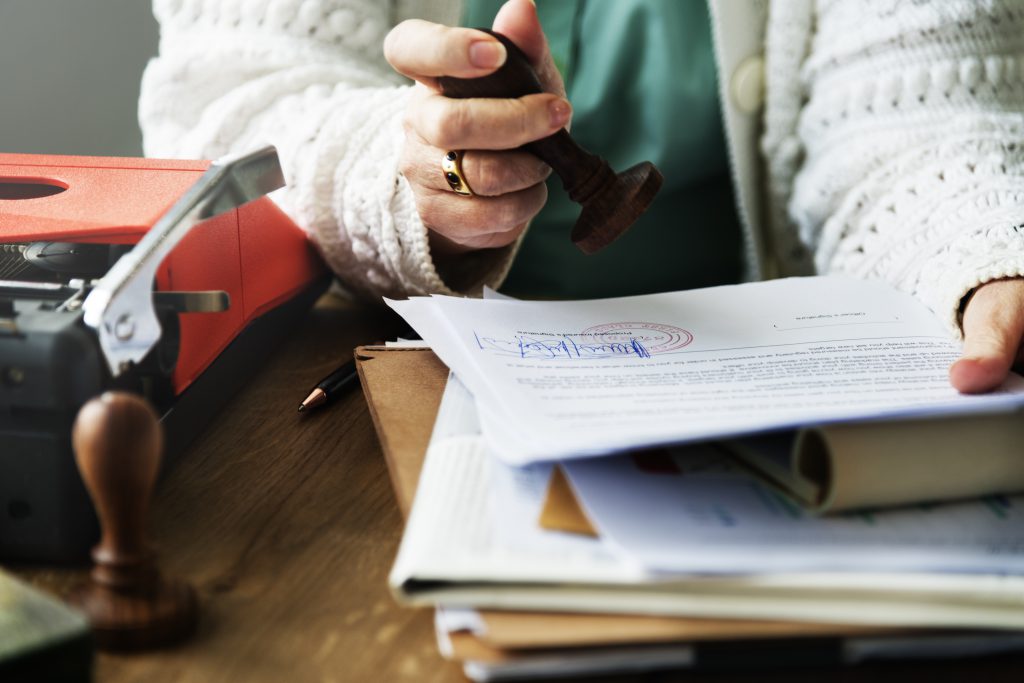
What is a Notary Public?
A Notary Public is an attorney admitted and authorised by the High Court of South Africa to witness signatures, draw and attest contracts and statements, authenticate the validity of certain documents.
A Notary Public is held to a higher standard of care than an attorney. Due to the ethical nature of the services which they render and the specialist knowledge in the drafting and/or legalisation of certain documents, the office of a Notary Public is held in high esteem.
Certain documents are required by law to be notarially executed, in which case a Notary Public has to draft the document which is then signed and witnessed in the presence of the Notary Public.
The different methods of notarisation explained
APOSTILLE AND AUTHENTICATION (legalising and authenticating documents for official use abroad)
There are two ways for a document to be authenticated, determined by whether the country it is going to for its official use is a member state to the Hague Convention of 5 October 1961. Where the country is not party to the Hague Convention, the method of authentication is less simple and more extensive.
MEMBER COUNTRY TO THE HAGUE CONVENTION:
This authentication method involves the documents getting notarised by a Notary Public and the an Apostille Certificate is thereafter attached to the document being authenticated. The Notary Public will notarise the document by verifying the identity of the person signing and witnessing the signing of the document to ensure the identity is legitimate and thereafter apply their signature, stamp and seal.
Once the identity of the person is authenticated, the document must be verified as to its authenticity. This is done by drafting an Apostille Certificate which is attached to the document to be sent to the Registrar of the High Court for signing and stamping. The process is then complete.
NON-MEMBER TO THE CONVENTION:
This is a more extensive method for non-member states and is prescribed by Uniform Rule 63 of the Uniform Rules of Court Act 59 of 1959.
The same procedure is followed as above which takes 2 – 5 business days except a Certificate of Authentication, as opposed to an Apostille Certificate, is attached and the document will then proceed to the Department of International Relations and Cooperation (DIRCO) for legalisation.
Legalising the document means that the document executed within South Africa for use abroad is affixed, sealed, and signed with a Certificate of Authentication. Legalisation therefore means the prescribed procedure by which the signature and seal on an official document is verified as to its authenticity. The document will be at the DIRCO for approximately 6 – 8 weeks from their physically receiving it and excluding the 2 – 5 business days at the Registrar of the High Court. The document will then be valid for a period of 6 months for official use abroad.
DOCUMENTS WHICH WE CAN NOTARISE
Any public document
Marriage Certificates
Birth Certificates
Death Certificates
Single status Certificates
Divorce Certificates
Police Clearance Certificates
Powers of Attorney
Copies of ID’s or Passports
Educational documents
Should you require a document notarized please send us a copy of the document and a quote will be provided to you.
